Do you ever get confused when using "does" vs. "do"?
They're both forms of the verb "to do".
You can use "to do" as an action verb. For example:
We do the dishes.
You can also use it as an auxiliary (or helping) verb. For example:
I have to do the dishes.
And, you can use it to ask questions. For example:
Do I have to do the dishes?
Does anyone have the time?
Easy right?
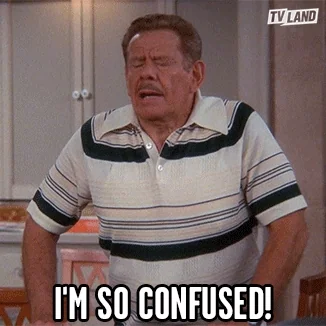
Let's clear up the confusion between "does" vs. do" so you can ask questions the right way!
It's About the Subject
The verb "to do" is an irregular verb and it can cause confusion in the English language.
"Does"and "do" are the present simple forms of the verb "to do". You can use them as action verbs. For example:
He does the laundry.
They do the dishes.
Knowing whether to use "does" vs. "do"depends on the subject you use it with. In English, this is called "subject-verb agreement".
 Image created by the author via Canva
Image created by the author via Canva
Does
Used with: he/she/it/singular 3rd person subjects (girl, bird, country)
Examples:
He does his homework.
The girl does her homework.
Do
Used with: I/you/they/we/plural subjects (girls, birds, countries)
Examples:
I do my homework.
They do their homework.
Quiz
Which subjects would you use with "do"? Select all the correct subjects:
Forming "Yes/No" Questions With "Does" vs. "Do"
Questions starting with "does"and "do"are yes/no questions.
To make the question form, use "does" and "do" which are present simple, followed by the subject and the main verb:
Does he play football?
Do they eat fruit?
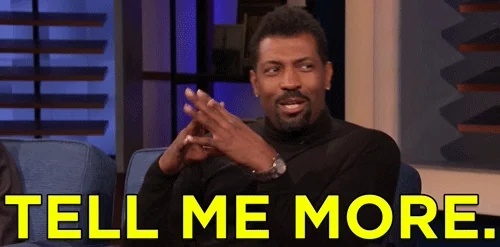
Follow this formula to make yes/no questions using "does" vs. "do":
Does/Do + subject + main verb + rest of the sentence
Don't forget the subject-verb agreement!
Does
Does she like apples?
Does he like apples?
Does it like apples?
Does Jon like apples?
Does the cat like apples?
Do
Do I like apples?
Do you like apples?
Do they like apples?
Do Jon and Tim like apples?
Do cats like apples?
Quiz
Which of the following are correct? Select all the correct questions:
Test Your Knowledge: "Does" vs. "Do"
Ready to try this out?

Take a look at these 4 conversations below. Focus on verb + subject agreement. Which one is correct?
Conversation 1
"Hello, I need to get to the city. Does you know where the metro station is? Also, does I have to use a card to pay for the metro?"
Conversation 2
"Hello, I need to get to the city. Do you know where the metro station is? Also, does I have to use a card to pay for the metro?"
Conversation 3
"Hello, I need to get to the city. Do you know where the metro station is? Also, do I have to use a card to pay for the metro?"
Conversation 4
"Hello, I need to get to the city. Does you know where the metro station is? Also, do I have to use a card to pay for the metro?"
Quiz
Which conversation is correct?
Negative "Yes/No" Questions with "Does" vs. "Do"
Negative "yes/no" questions confirm something we believe or expect is true or correct.
You can also form negative "yes/no" questions using "does" and "do":
The negative form of "does" is "does not".
The negative form of "do" is "do not".
In English, it's common to use the contracted form:
does + not = doesn't
do + not = don't
Follow the same subject-verb agreement when asking questions starting with doesn't and don't.
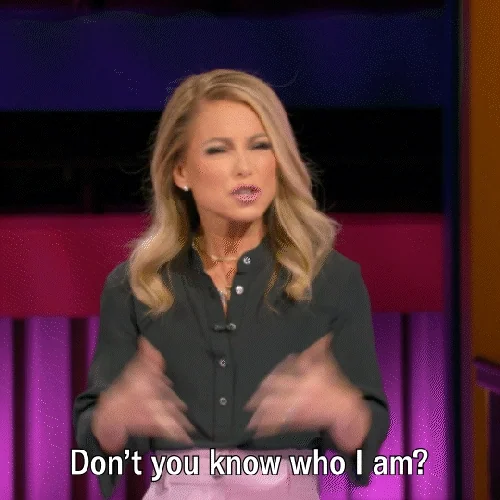
Doesn't
Doesn't she like apples?
Doesn't he like apples?
Doesn't it like apples?
Doesn't Jon like apples?
Doesn't the cat like apples?
Don't
Don't I like apples?
Don't you like apples?
Don't they like apples?
Don't Jon and Tim like apples?
Don't cats like apples?
Quiz
Which of the following are correct? Select all correct questions:
Wh- Questions + "Does" vs. "Do"
You can form questions using does and do with wh- questions. These questions require more information in their answers.
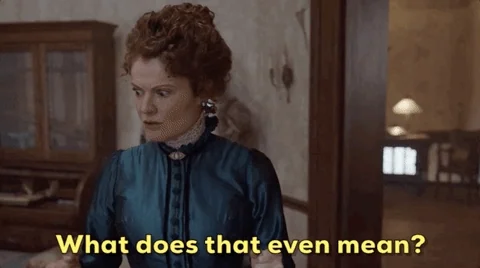
That means the answers will be more detailed than simply yes or no.
Typical wh- words are: what, where, when, why, who, how, how many, and how much.
Follow this general formula when forming wh- questions using does and do:
Wh- word + do/does + subject + main verb + rest of the sentence
Does
Where does he buy apples?
Why does she like apples?
How does it grow apples?
When does Jon pick apples?
How many apples does the child want?
Do
Where do I buy apples?
Why do you like apples?
How do we grow apples?
When do Jon and Tim pick apples?
How many apples do the children want?
Take Action
Remember that the subject-verb agreement is key to forming questions using does and do.
Start new conversations and get some practice! Ask questions using does and do.
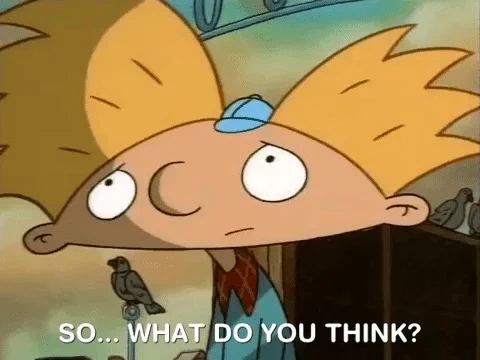
If you're ready for more "does" vs. "do" practice:
Your feedback matters to us.
This Byte helped me better understand the topic.
